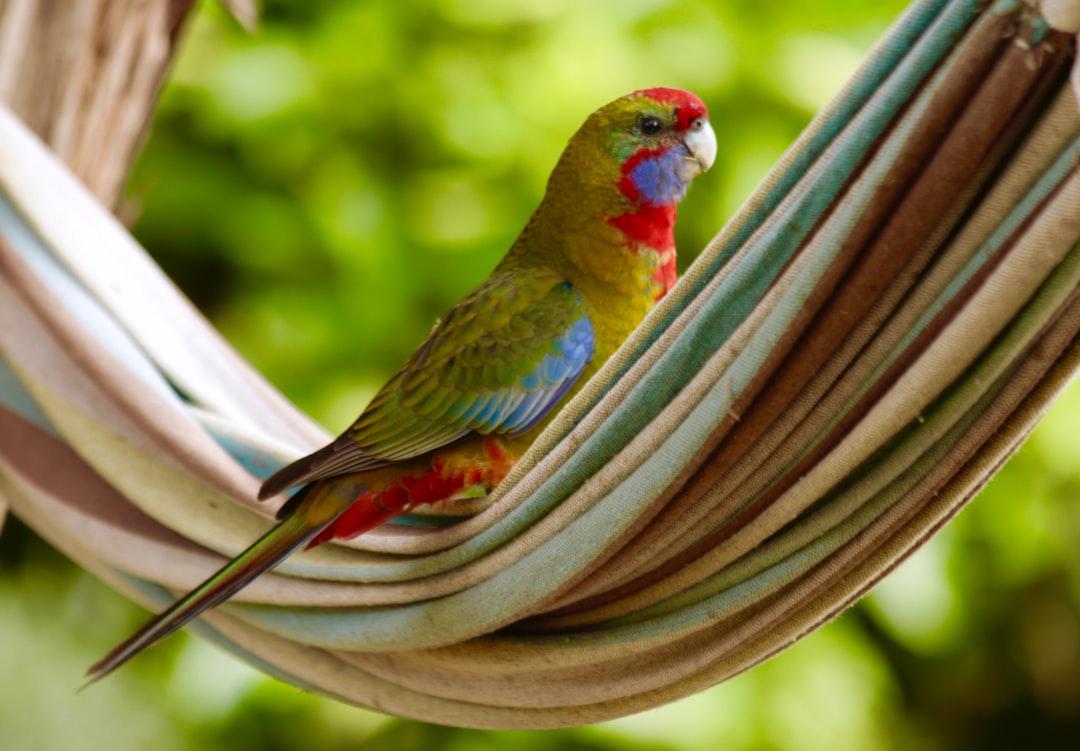Guard Your Garden from Slug Invasion

Slugs can be a real nuisance in the garden, munching away at your precious edible and ornamental plants. But don't let these slimy creatures win the battle. With the right strategies, you can effectively get rid of slugs and protect your garden oasis.
One of the first steps in slug control is to understand their behavior. Slugs are most active at night and thrive in damp, cool environments. They hide under rocks, logs, and dense vegetation during the day. By knowing where they like to hang out, you can target your efforts more effectively.
One simple yet effective method to deter slugs is to create barriers around your plants. Copper tape is a popular choice. Slugs get a mild electric shock when they come into contact with copper, which discourages them from crossing the barrier. You can wrap copper tape around the edges of planters or raised beds to keep slugs at bay.
Another natural deterrent is diatomaceous earth. This powdery substance is made from the fossilized remains of diatoms. When slugs crawl over it, the sharp edges of the diatomaceous earth cut into their soft bodies, causing them to dehydrate and die. Sprinkle a thin layer of diatomaceous earth around your plants, but be sure to reapply after rain as it loses its effectiveness when wet.
Beer traps are also a classic way to catch slugs. Bury a shallow container, such as a yogurt cup, in the ground so that the rim is level with the soil surface. Fill the container with beer. Slugs are attracted to the yeast in the beer and will crawl in and drown. Check the traps regularly and empty them to keep them effective.
Handpicking slugs can be a time - consuming but rewarding method. Go out into your garden at night with a flashlight and a pair of gloves. Collect the slugs you find and dispose of them. You can either relocate them far away from your garden or place them in a bucket of soapy water to kill them.
Maintaining a clean garden is crucial in slug control. Remove any debris, such as fallen leaves and overgrown weeds, where slugs can hide. Keep your garden beds well - drained to reduce the damp conditions that slugs love. Trim back any dense vegetation to increase air circulation and sunlight, which will make the environment less hospitable for slugs.
Some plants are more resistant to slug damage than others. Consider planting slug - resistant varieties in your garden. For example, herbs like lavender, rosemary, and thyme have strong scents that slugs tend to avoid. Ornamental plants such as geraniums and foxgloves are also less likely to be targeted by slugs.
You can also introduce natural predators to your garden. Birds, frogs, and toads are all natural enemies of slugs. Create a bird - friendly environment by putting up bird feeders and bird baths. Build a small pond or water feature to attract frogs and toads. These predators will help keep the slug population in check.
In addition to these methods, there are also some commercial slug baits available. However, it's important to use them carefully. Some slug baits contain chemicals that can be harmful to other animals and the environment. Look for organic or environmentally friendly slug baits if you choose to go this route.
By combining these various strategies, you can create a multi - pronged approach to slug control. Remember, it may take some time and experimentation to find the methods that work best for your garden. But with patience and perseverance, you can keep your garden free from slug damage and enjoy a thriving, beautiful garden all season long.
So, don't let slugs ruin your gardening experience. Take action today and implement these tips to protect your edible and ornamental plants from these pesky pests. Your garden will thank you for it!